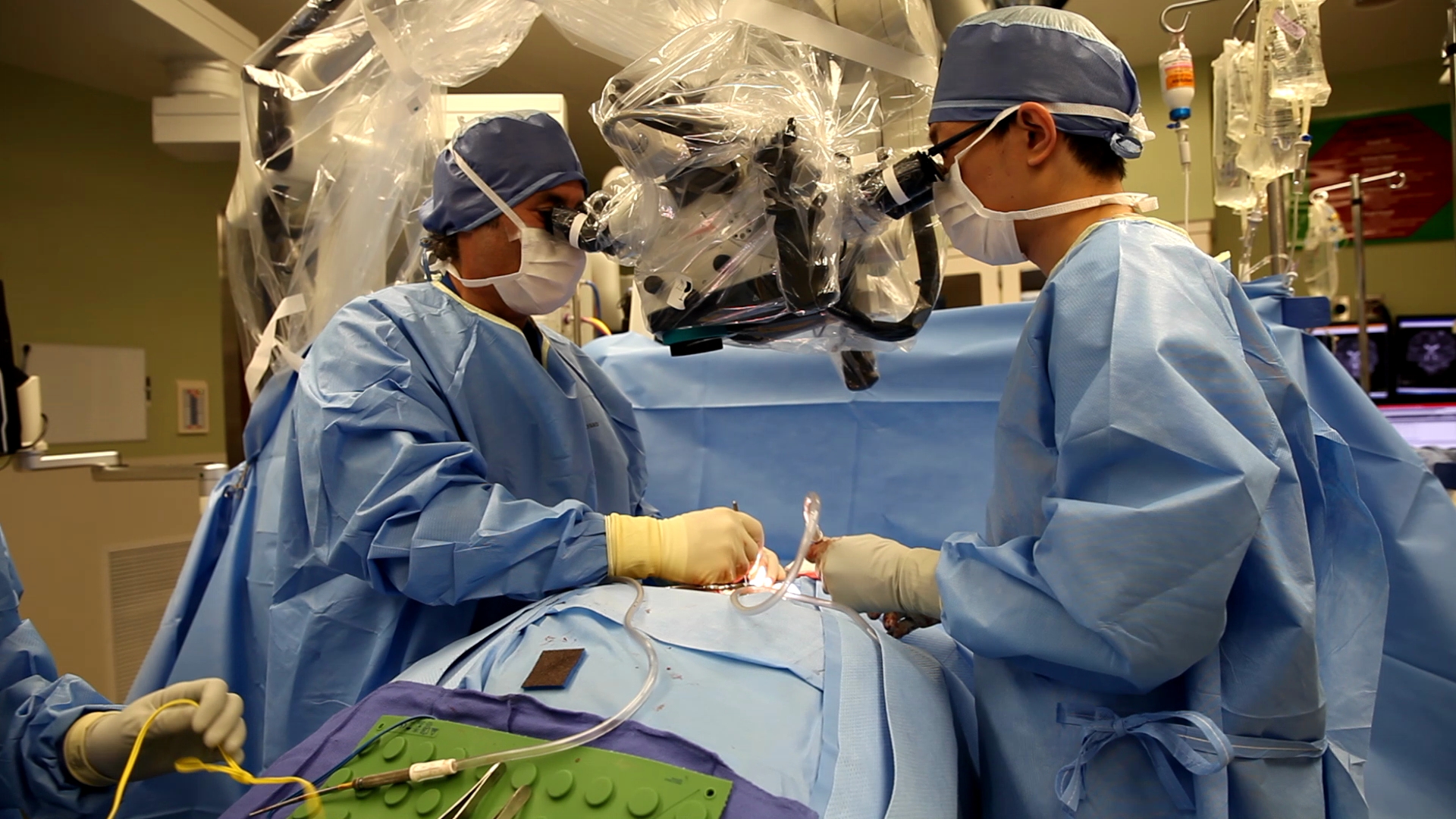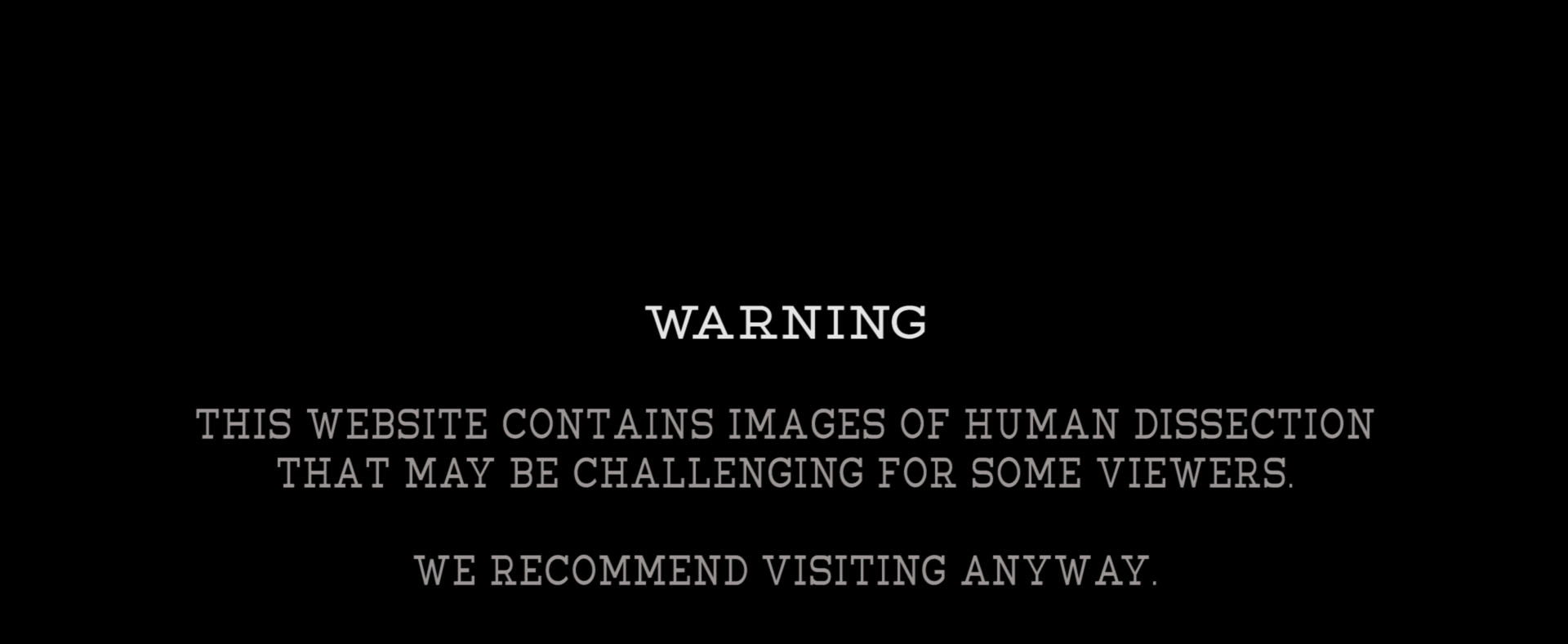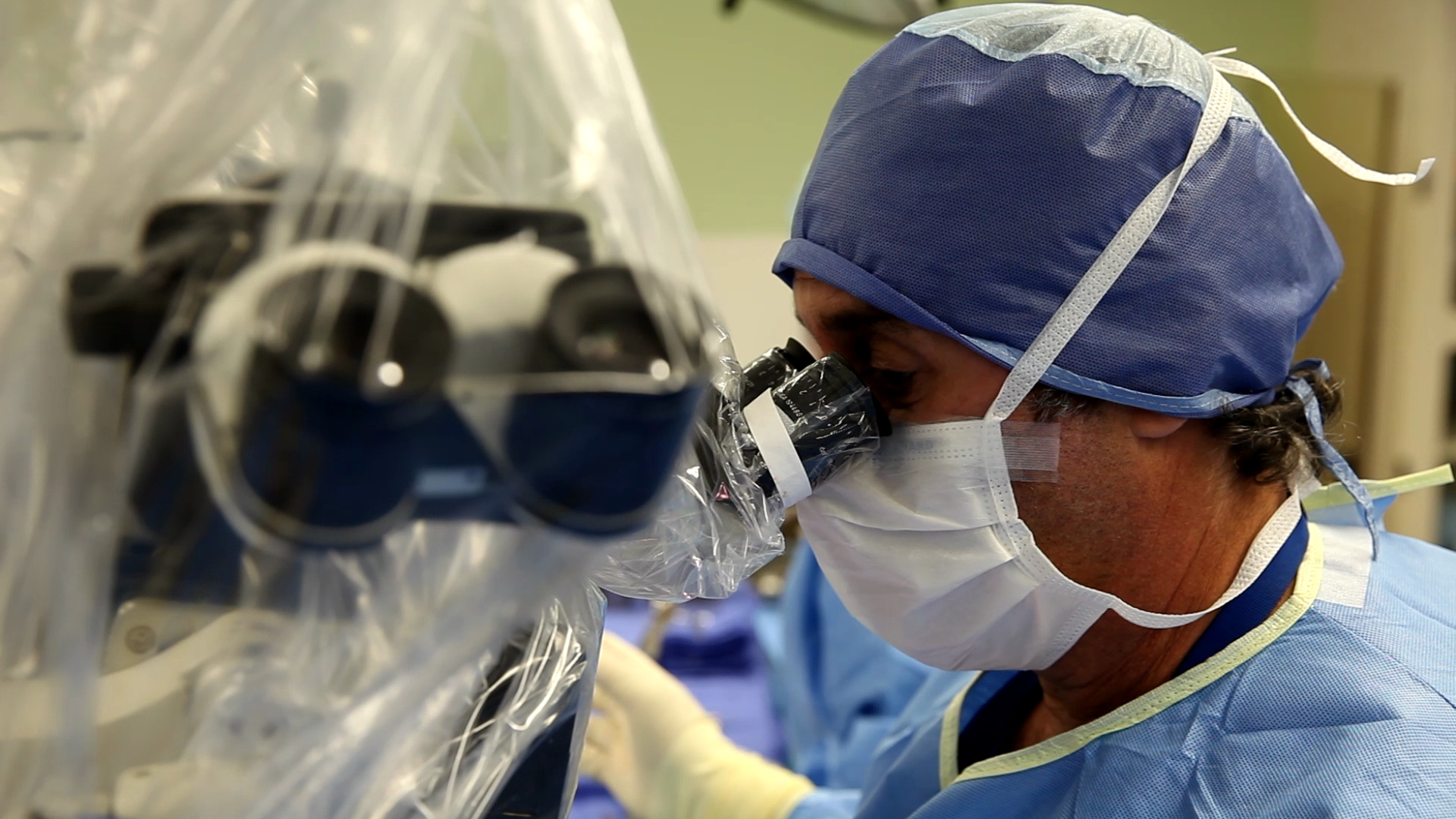The Most Challenging Course in Medical School
Anatomy class is often considered one of the most challenging courses in medical school. Acquiring a strong understanding of the human body sets the groundwork for the rest of a medical student’s education – that rite of passage toward becoming a knowledgeable physician. However, we would fall short if we did not share the cognitive and emotional metamorphosis that also takes place as students progress through this course. I believe that awakening is what this documentary so vividly captures.
Their First Patient
There is something almost mystical about the transformation of first-year medical students as they sojourn through their course in Human Anatomy and Dissection. They enter medical school wide-eyed and perhaps somewhat naïve, with a passion and commitment to care for living and breathing “patients.” For many, as they step into the anatomy lab, it is their first real experience with human death. The humanity they envision serving suddenly becomes real and personal in the form of a cadaver – it truly is their first patient.
The Art of Medicine

While they are learning the biological science of the human structure, they are also learning the art of medicine – the intriguing interplay of every element of the human body and the uniqueness of each patient they will encounter. They learn meticulous precision and concentration. They learn that every scar tells a story and that the muscles, tendons and bone structures they are memorizing and identifying might once have played a concerto, run a marathon or held a child. Many of them also learn and see first-hand the ravages of disease.
Teamwork
The other unknown that is so genuinely portrayed in this documentary is that the students enter the lab as individuals, but the learning is structured in such a way that they finish understanding what it means to be an integral part of a team. The students learn every teammate should be treated as a valued contributor and there is a shared responsibility for the patient. That learning of teamwork, sharing collective knowledge, relying on and valuing your colleague is at the very heart of how we practice medicine at Mayo Clinic. They are learning and experiencing our primary value – the needs of the patient always come first. And that will forever change them.
I am so extremely proud of our students in this documentary. As they graduate and spread out to all corners of our country, they will pursue their residencies and take with them the valuable lessons portrayed so well in this film.
Fredric B. Meyer M.D., F.A.A.N.S.
Juanita Kious Waugh Executive Dean for Education
Mayo Clinic College of Medicine and Science
Dean, Mayo Clinic School of Medicine
Alfred Uihlein Family Professor of Neurologic Surgery

